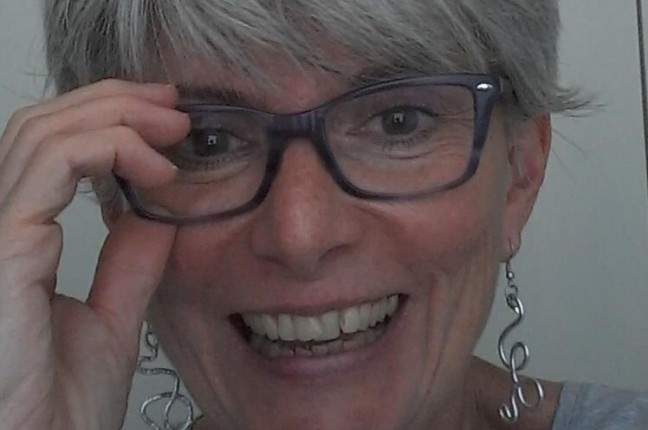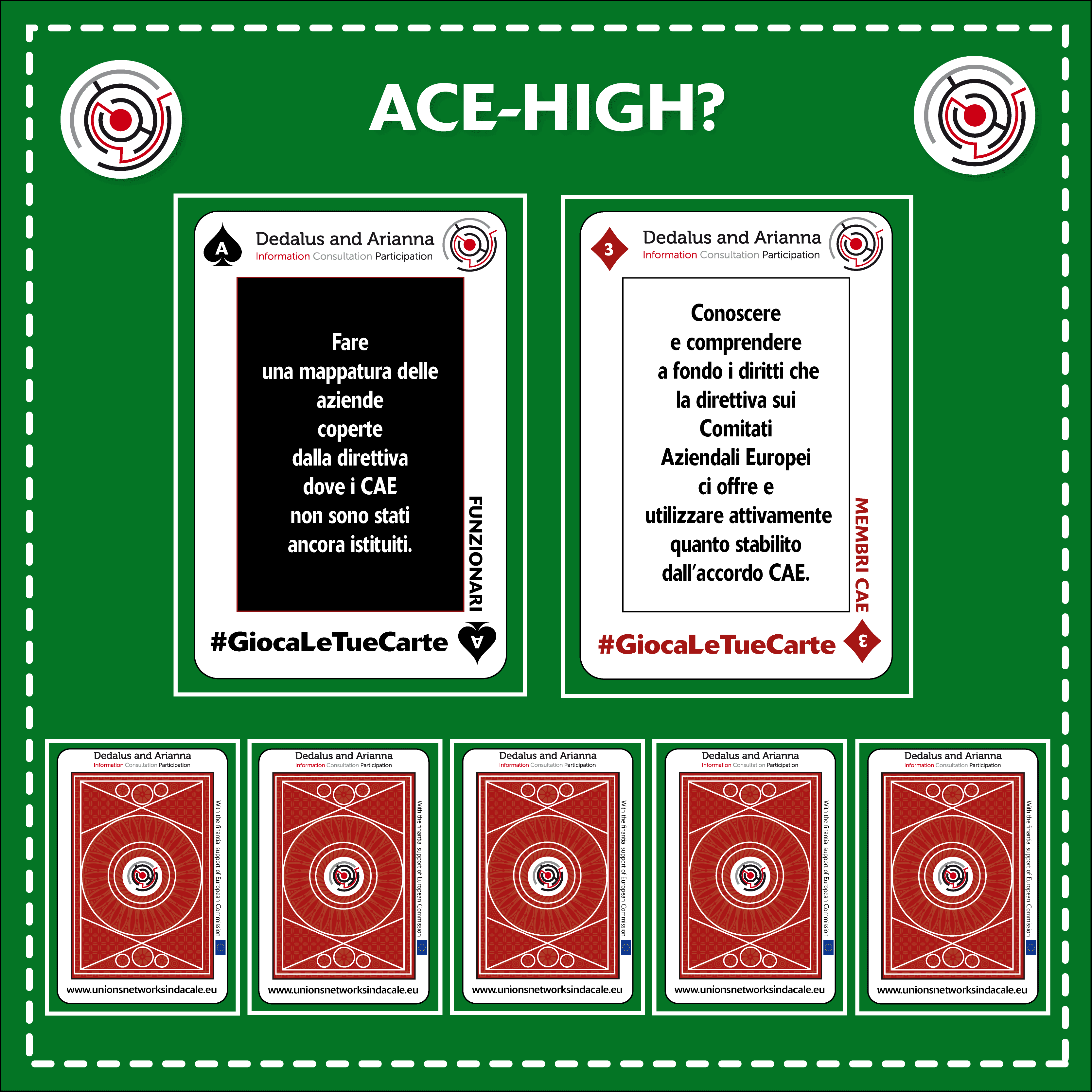

AIR LIQUIDE EUROPEAN WORKS COUNCIL – Multinational chemical company with French parent company – 4 years experience in the Board (the Select Committee) of the EWC and its Secretary / President for the past 3 years.
Before developing any line of reasoning, I want to make a brief introduction to say that I feel somehow “privileged”, since my role in the EWC gives me the opportunity to learn about different situations even outside my own country, it allows me to try to really represent such a large number of workers and, above all, it gives me a chance to enforce their rights. The experiences in this field, which have also been positive and have certainly enriched me have led me to think about the role of EWCs today and about what they might be tomorrow.
What I see today, at least in the industrial world I know, is all the potential that still remains untapped; this is true both for the number of EWCs that would have the right to be constituted, but which for various reasons have not been, and for the little relevance many existing EWCs that are substantially non-existent seem to have.
In many cases, as a matter of fact, the European Councils are considered, at best, the “showcases” that multinational companies are required to have, but that they often do anything in their power to keep relegated to a role of empty boxes.
But worst of all, and this is due to our inability workers just as often do not even know what an EWC is, what it does, what matters it deals with and, consequently, they do not have any perception of its use.
Therefore, in my opinion, one of the important actions we should focus on is the COMMUNICATION with employees. Communication considered as a relationship, as an exchange, as involvement, as participation, as representation, as a sense of belonging.
Another action that I consider as a priority is to act on the role of EWCs which, in my opinion, should move from Information and Consultation, to include also NEGOTIATION.
Of course, unfortunately, today we are still in a situation where it is hard to claim what Directive 2009/38 expressly provides for in the field of I & C: the information is often very limited or insufficient and provided too late, and even more often consultation loses all its meaning because it comes when decisions have already been taken.
But the fact remains that inevitably, in a European scenario where restructuring and reorganization processes are commonplace, the EWCs will have to play an increasingly participatory and active role, together with TUs, in negotiating Transnational Corporate Agreements ensuring minimum standards for a social plan on European scale. This will help to fill that empty box mentioned earlier.
To conclude, I am convinced that working together with TUs to launch initiatives that may affect the EU policy choices for a SOCIAL EUROPE is a priority long overdue.
This project has been funded with support from the European Commission. This publication reflects the views only of the author, and the Commission cannot be held responsible for any use which may be made of the information contained therein.
Downloads
- REPORT FINALE ICARUS (261.1 KiB, 1,772 hits)
 Coorindamento per andare oltre la direttiva
Coorindamento per andare oltre la direttiva
Date: Wed Sep 30 13:31 A cosa servono i CAE
A cosa servono i CAE
Date: Wed Sep 30 13:28 Statistiche sui CAE
Statistiche sui CAE
Date: Wed Sep 30 13:20
-

-

ANTONIO ZAGARI – EWC SUEZ, FIOM CGIL, MILAN
12 September 2016 By Dedalus -

MARIO ONGARO – THE COORDINATOR OF FISAC CGIL INTERNATIONAL DEPARTMENT
12 September 2016 By Dedalus
-

José Manuel López Viñolo, EWC Saica Pack, CCOO de Catalunya
16 February 2016 By Dedalus -

-

Andrea Capelli – Solvay EWC, Filctem Cgil, Milan
12 July 2016 By Dedalus
-

GIULIO REGENI – UNDERSTANDING THE EGYPTIAN DEMOCRATIC WORKERS MOVEMENT
12 September 2016 By Dedalus -

Sonia Cattaneo – EWC Air Liquide, FEMCA CISL Milan
15 February 2016 By Dedalus -

Juan Ramón Amorós, EWC Boehringer-Ingelheim, CCOO
16 February 2016 By CCOO de Catalunya

Sito web a cura del Dipartimento Internazionale di CGIL Lombardia: internazionale@cgil.lombardia.it (Responsabile Fabio Ghelfi).



Leave a reply